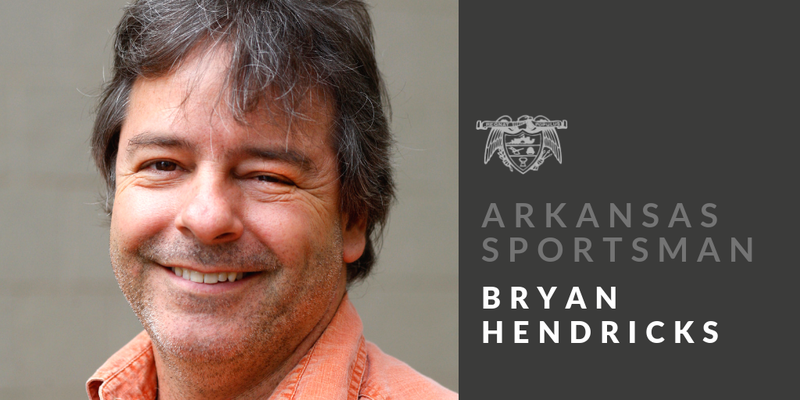Chronic wasting disease is a bureaucrat's dream come true.
It is a problem with no solution that affects the culture of the entire state. You can't throw enough money at it, and you can't hire enough people to study it. It's an open tap to a bottomless keg.
Since 2016, when the Arkansas Game and Fish Commission found its first deer afflicted with chronic wasting disease, deer management in Arkansas has subtly morphed into disease management. In the process, the commission is gradually drifting from a traditional wildlife management model to a veterinary science model. Drifting too far down that path, with pejorative references from staff about feeding and baiting wildlife, might create an irreparable rift with the state's deer hunting community.
For three decades, the Game and Fish Commission managed the state's deer herd with distinct, measurable objectives. The result created a high-quality resource and a high-quality opportunity for deer hunters. The agency's preoccupation with CWD represents a net loss for the agency's license-buying constitutents.
Game and Fish Commission member Bobby Martin of Little Rock has said repeatedly that the agency's response to CWD lacks sufficient evidence to support the efficacy of the regulations. Furthermore, the commission's staff offers no hope that the regulations will effect a desirable outcome. Martin said he believes the agency's response should be more measured at a time when hunting participation is rapidly declining in Arkansas.
"Three years from now, if deer aren't behaving way they are today, would we remove these restrictions and restore the three-point rule?" Martin asked. "These are permanent changes, and I don't think the public thinks of them that way. I believe we are disincentivizing deer hunting in our state. Reducing harvest is an eventual outcome. Loss of hunter recruitment results in a shift of dependence of land to the supermarket. The negative economic and social impact is real, with lasting, if not permanent, results."
Martin noted that the commission's wildlife management and research staffs do not know how many deer have died from chronic wasting disease since 2017, nor can they project how deer will die from CWD within the next three to five years. Epizootic hemorrhagic disease and blue tongue are known to kill a lot more deer historically and annually than CWD. Martin said it is essential from a scientific standpoint to know how many deer die from CWD compared to other diseases so that CWD's actual impact can be distinguished from its presumed impact.
To fill the data gap, Martin asked the wildlife management division to shift a "meaningful" portion of its research effort and budget to conduct a serious mortality study in areas with the highest CWD prevalence and in controlled conditions behind double high fences.
"I recognize the seriousness of this disease, but the question about mortality is one we have to answer," Martin said. "People ask me, 'How many died in my county?' I can't tell them. 'How many do you expect to die?' I can't tell them that either. We need to do all can, but we need better balance."
Steven Beaupre, the commission's non-voting member, said that the commission implemented its chronic wasting disease management plan to try to preserve high quality deer hunting in areas where CWD was not known to exist.
The CWD management zone gets increasingly larger every year, Martin countered, which suggests the regulations are ineffective.
"We don't know the end game," Martin said. "If we had more clarity about deer mortality [relative to CWD], certainly we would have something around which to judge our reactions."
"I don't think there is an endgame," Beaupre said. "We're going to live with this disease on the landscape for as long as we're all here. There's no good solution to this issue."
Ultimately, the agency's CWD obsession will require money and resources that the commission does not have. Its only recourse will be to ask voters to increase the conservation sales tax under Amendment 75, or to ask the legislature to increase hunting and fishing license fees.
Sports on 02/23/2020

